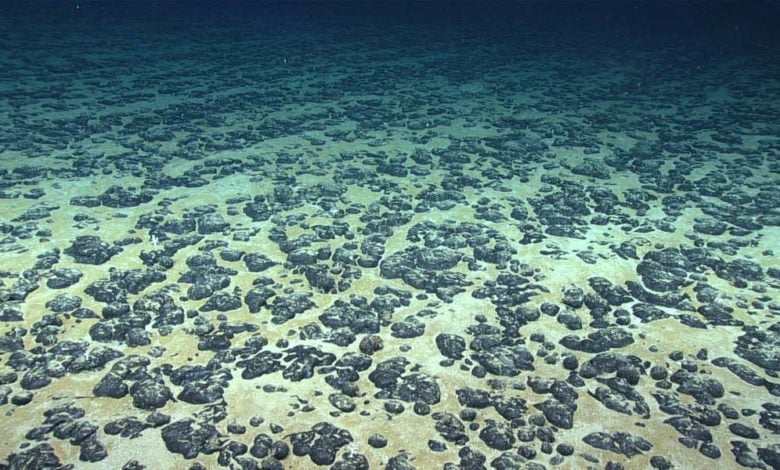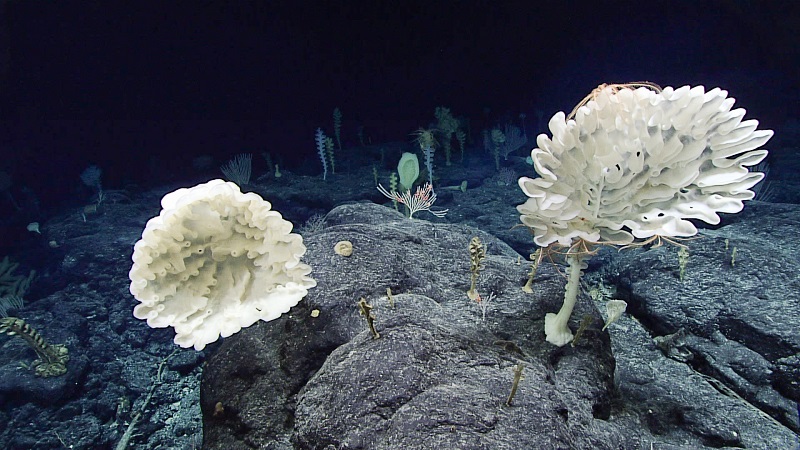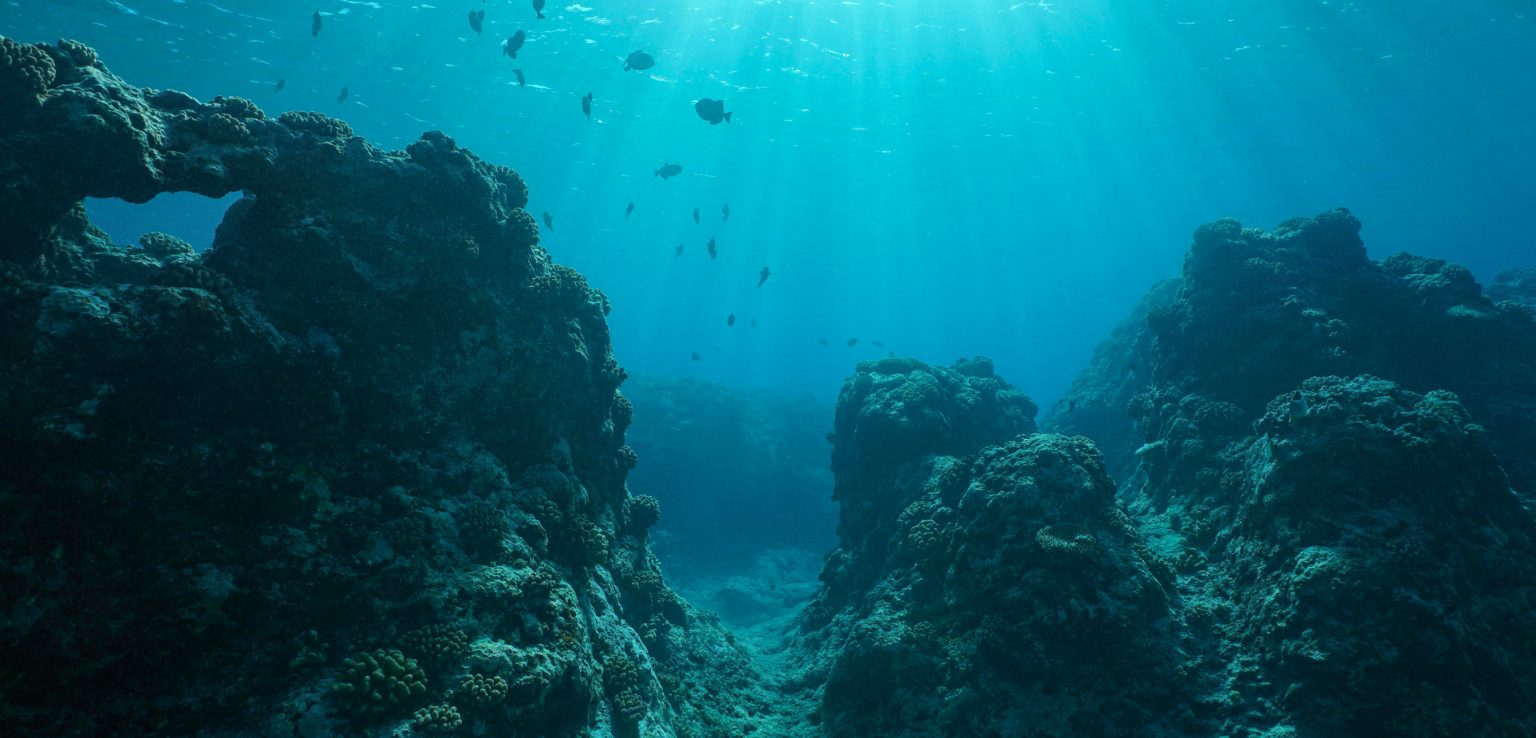Ocean floor could be opened up to deep sea mining from July 2023 despite warnings it could be “catastrophic” for marine life
Scientists are warning a rushed effort to open the deep sea to mining companies could be catastrophic for marine life.
Nations will gather in Jamaica from tomorrow to discuss whether rules governing deep-sea mining could be rapidly drawn up in time for mining operations to start as soon as July 2023.
Mining companies are eager to start exploring the depths of the ocean floor which are rich in mineral deposits of materials such as cobalt, copper, manganese, and nickel.
These raw materials will be needed in large quantities to build solar panels, electric cars, and other technologies needed for the low-carbon transition, they argue.
Miners say they will only remove the top five centimetres of seabed sediment to collect mineral-rich ‘nodules’. They argue mining in the deep sea causes less environmental damage than land-based mining.
But scientists warn much more research is needed to better understand deep sea ecosystems – many still virtually untouched by human activity – before mining activities can even be considered.
“This part of the planet that is the closest thing to pristine that we have left,” marine biologist Dr Diva Amon told i. She stressed the ocean floor is a rich ocean habitat.
“There is a danger that we could be rushing forward into this part of the planet that we know so little about,” she said. “We just don’t have the answers to make a decision about whether this will be catastrophically impactful”.
The two-year deadline to finish regulations by July 2023 was controversially triggered by the tiny Oceanic state of Nauru earlier this summer using an obscure International Seabed Authority (ISA) rule.
The ‘two-year rule’ means regulations governing the industry must be drawn up and approved by the ISA, the UN governing body for the industry, by July 2023. If the deadline is missed, the ISA must “consider and provisionally approve” requests to start mining the seabed under current restrictions, which are minimal.
Nauru’s move to force a decision on mining regulations has sparked fury from ocean scientists, who fear it could lead to weaker regulations being rushed through.
“If ocean mining is green-lighted it could let the genie out of the bottle and significantly threaten important species, inflict irreversible damage to sensitive ocean habitats, source toxins into seafood via contaminated water plumes and disrupt key carbon stores in the deep ocean critical to combating climate change,” warned Dr Douglas McCauley, a professor of ocean science at the University of California, Santa Barbara.
“Those headed to these meetings in Jamaica must know that hundreds of ocean scientists have warned that more research is desperately needed to understand these impacts before mining is allowed to begin.”
In Jamaica nations will have a fortnight to decide whether to agree to a timetable of intense meetings next year to fast-track progress on the regulations.
However, there are signs some countries may push back on the deadline. In October a group of nations including Costa Rica, Argentina and Chile warned it is “paramount that an adequate and effective regulatory framework be completed” before any mining starts.
This story was produced by Madeleine Cuff, published at I News UK on 05 December 2021, reposted via PACNEWS.




